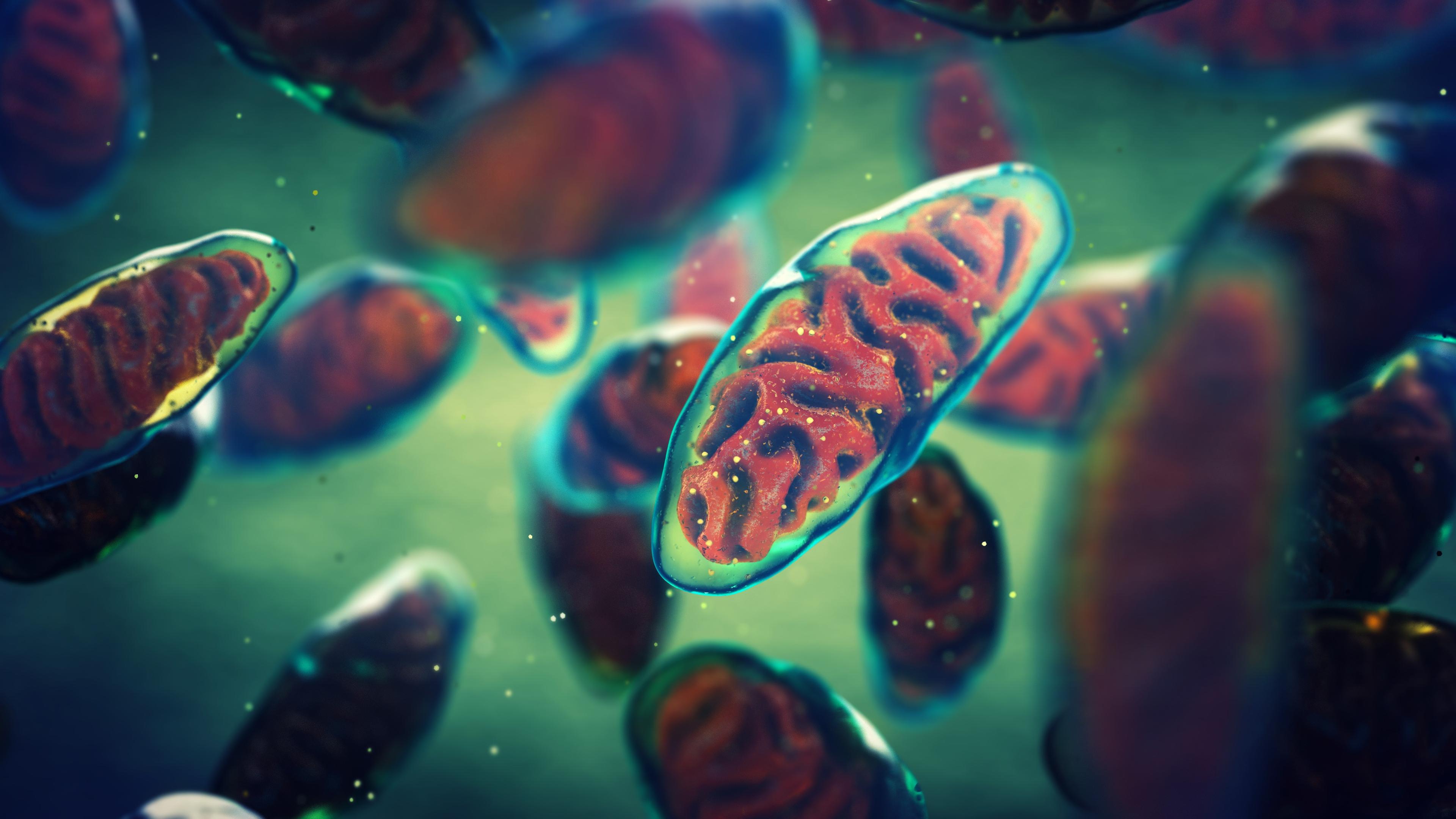Jan 2024 | VU University Amsterdam | Nature Communications
New study on the causes of post-exertional malaise (PEM) in Long COVID
In a current study, Dutch scientists are investigating what happens at the cellular level in the bodies of persons suffering from Long COVID during exertion. This is because many persons severely affected by Long COVID suffer from Post-Exertional Malaise (PEM), a typical worsening of symptoms after strain, which leads to persistent or permanent worsening of symptoms after even brief physical activity or mental activity.
Twenty-five Long COVID patients who had been suffering from symptoms for more than six months were observed. The comparison group consisted of 21 patients who had recovered from COVID-19 illness. All participants completed a 15-minute sports session. One week before and one day after the athletic strain, the scientists analysed the blood and thigh muscle samples of the study participants. Overall, the data suggests that the lower physical performance observed in Long COVID patients is related to a higher proportion of quickly fatiguing muscle fibres (high-fatigable glycolytic fibres) and an impaired function of the mitochondria. Mitochondria convert nutrients into energy for the organism. This process appears to be disrupted in patients with Long COVID.

© Adobe Stock/nobeastsofierce
VU University Amsterdam
The VU University Amsterdam is one of the two major universities in the Dutch capital Amsterdam. It was established at the end of the 19th century.
Nature Communications
Nature Communications is a scientific journal published by the Nature publishing group. It publishes articles on current scientific topics and is aimed at scientists.
